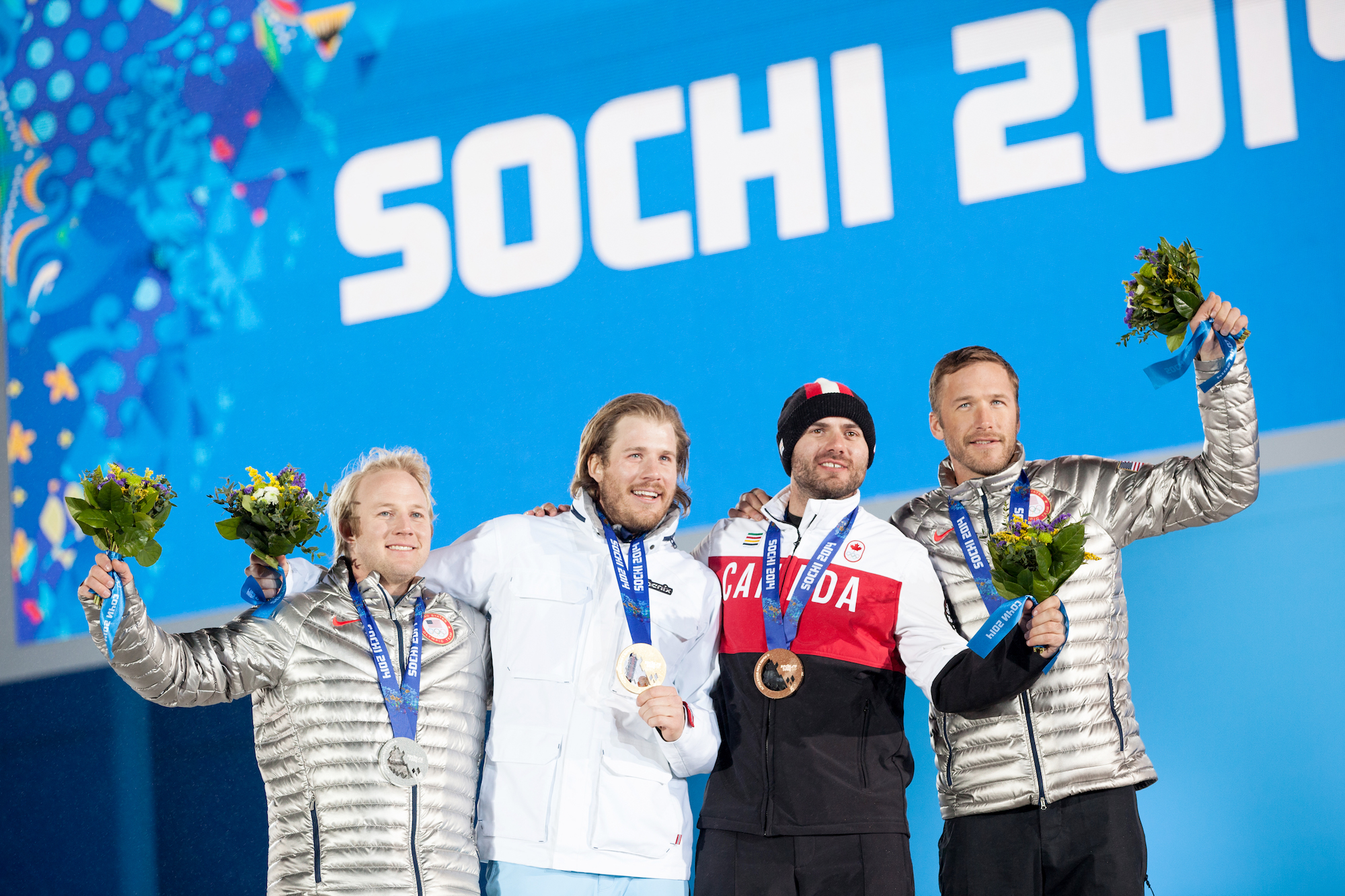Two-Time Olympic Medalist Weibrecht Featured in AP

Two-time Olympic medalist Andrew "Warhorse" Weibrecht (Lake Placid, N.Y.), who retired in May from the U.S. Ski Team, recently sat down with John Kekis from the Associated Press to catch up on life after the White Circus and what that looks like for Weibrecht.
Weibrecht, known most notably for his signature renegade dark horse-style, turned heads in Beaver Creek, Colorado on Birds of Prey in 2007 when he skyrocketed from bib 53 to land a top 10 finish with a wild ride in crazy conditions. In his true dark horse fashion, he'd peak at the most opportune of times, under the most intense pressure—like at Vancouver, when he snagged bronze in the super-G and Sochi when he grabbed the silver in super-G, sharing the podium with teammate Bode Miller.
In fact, Weibrecht uniquely grabbed two podiums on the Olympic stage before he even podiumed at the FIS Ski World Cup level. That came in what was Weibrecht's best season on the World Cup, in 2016, when he shared the super-G podium with teammate Ted Ligety (Park City, Utah) in Beaver Creek, and then landed on the coveted Hahnenkamm podium in super-G, taking second place behind Norway's Aksel Lund-Svindal. In 2016, Weibrecht was in the running for the super-G globe.
“The timing of the Olympics was very fortuitous,” said Weibrecht, whose Olympic medal streak ended in PyeongChang in February when he failed to finish. “Those just happened to be the times that I was peaking in my career, for whatever reason. From Sochi on for a couple of years it was a great run for me.
“The things that really halted my development — if I could do it again, I would just get hurt less,” he added with a laugh. “That was always the limiting factor. When I would get injured, then I’d have to start the process over again. I got good at it because I did it a lot. I think that having that process down so well I could have gotten back to where I wanted to be athletically, but I’m just at a different place in my life.”
